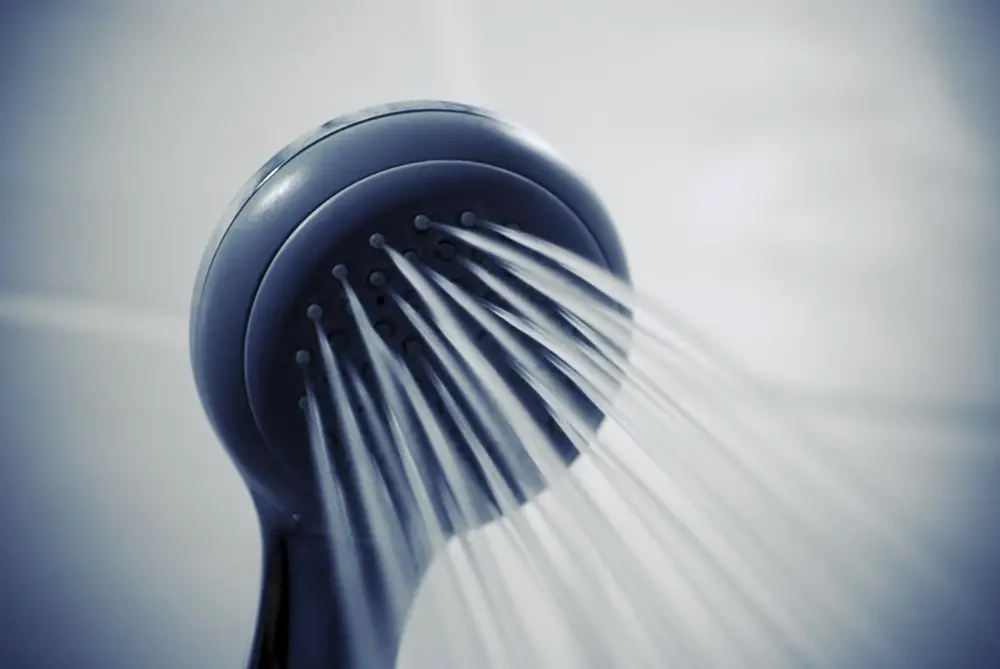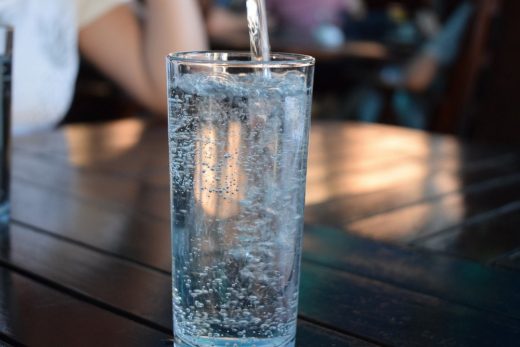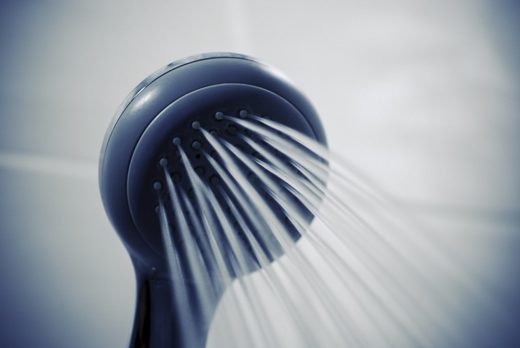The Effects Of Hard Water On A Home Without A Water Softener System Advice, House Tips, PGuide
The Effects Of Hard Water On A Home Without A Water Softener System
2 Apr 2020
When a water’s hardness goes above a certain level, it can be detrimental to health, particularly the skin and hair. It also has the potential of damaging equipment in the home, such as appliances or staining materials, including tile, glass, and fittings in the bath.
The hardness of water is something that naturally occurs as it moves among rocks, including chalk and limestone, which comprise high compositions of minerals, leaving the water with significant amounts of magnesium, calcium, the potential for manganese, and other substances. The body requires a limited supply of magnesium and calcium, meaning if you restrict yourself to only soft water, you’ll be deprived of vital minerals resulting in a negative impact on overall health. It’s essential to have a happy medium.
Types Of Hard Water In The Home
The level of hard water in many homes is way above the ideal limit, which touts as being 200 mg/l. In an attempt to bring your water to a healthy status, it’s essential to invest in a water softener by AquaOx. The softener provides treatment allowing the supply brought into the home to be of a safer quality and a more even level.
Whether hard water is easily removed or not will determine its category as there are two for which it can fall.
- Dissolved bicarbonate minerals, including calcium or magnesium bicarbonates, result in temporary hardness. These result in cations of magnesium and calcium as well as bicarbonate and carbonate anions. Their presence creates hard water, but it deems temporary as it has the ability for reduction via boiling or through the addition of lime.
- The presence of magnesium sulfate/chloride or calcium sulfate/chloride will create permanent hard water. The hardness is challenging to remove even by way of boiling as the ions won’t precipitate out. A hard water softener is the only way to reduce this type of hardness. No natural method is effective. Take the link for differences between hard and soft water.
Signs Of Hard Water In The Home
Unusually high mineral content can create a multitude of problems for residents in their homes on both a personal level and within the house itself, where it can cause severe damages. There are often signs that many people don’t associate with the water supply. Signs that your quantity may be unusually hard include:
- An excessive build-up of soap scum. Calcium deposits are visible white spots on fixtures, but the calcium minerals will stick to other surfaces aside from the faucets. They will attach to detergents and soaps, rendering them ineffective. Soap will become sticky as opposed to slippery.
- If the showerhead and pipes are becoming clogged, it’s likely due to scale deposits from the level of hardness. The pipe clogs will hinder the water from properly flowing, causing frequent calls to a plumber when the issue is the actual water supply itself.
- Taking a shower in a system that has a high supply of minerals will make rinsing the soap off impossible. There is generally a majority of the soap remaining. It will become stuck in the skin resulting in moisture depletion, which makes it dry and itchy similar to symptoms of eczema.
- Soap and detergent become incapable of doing its job if using hard water, meaning laundered clothes won’t feel clean. The residue left behind from the cleanser will ultimately fade the colors, and the linens will become stiff.
- The washing machine, dishwasher, and other appliances will have a drastic reduction in their lifespan due to the scale deposition. It wreaks havoc on the equipment cutting the longevity to nearly half of what they would typically have.
Well water systems tend to be more complex than systems for city water because the water has relatively more contaminants. The hard level of water can be personally detrimental to the health of your skin and hair. If the mineral content is within permissible limits, you can consume it safely as it will fulfill the requirements for magnesium and calcium. It needs to be lower than 500 mg/l according to BIS guidelines, but ideally, for drinking water, it should be below 300 and preferably ranging between 80-150. If it’s excessive, there can be a cause for health concerns. As a means of precaution, investment in a water softener will allow you to control the levels to ensure your safety and reduce the risk for damages within the home.
Comments on this guide to The Effects Of Hard Water On A Home Without A Water Softener System article are welcome.
Building Articles
Comments / photos for the The Effects Of Hard Water On A Home Without A Water Softener System Advice page welcome







